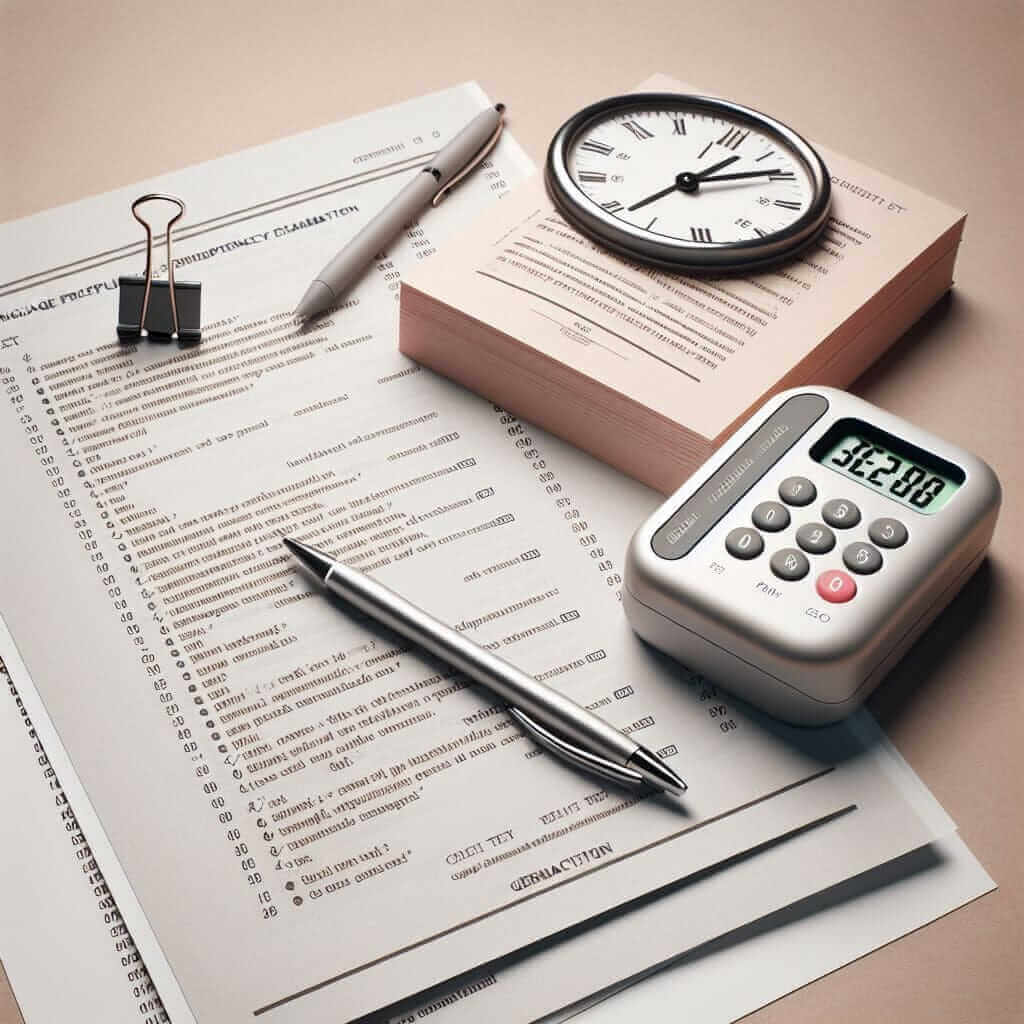The IELTS Reading test is often perceived as a challenging aspect of the exam. It assesses your ability to understand complex texts, extract key information, and interpret meaning. Whether you’re aiming for a high band score or simply want to feel confident on test day, effective preparation is essential.
Understanding the IELTS Reading Test
Before diving into preparation strategies, it’s crucial to understand the test format and question types. The Reading test consists of 40 questions based on three long passages taken from books, magazines, journals, or newspapers.
Question Types:
You will encounter various question types, each designed to assess different reading skills:
- Multiple Choice: Selecting the correct answer from a list of options.
- Matching Headings: Choosing the most appropriate heading for a paragraph or section.
- True/False/Not Given: Determining if a statement agrees with the information in the passage.
- Sentence Completion: Filling in gaps in a sentence with words taken directly from the text.
- Short Answer Questions: Providing concise answers based on information in the passage.
- Summary, Note, Table, Flow-Chart Completion: Completing a summary, note, table, or flow-chart with words taken from the text.
- Diagram Label Completion: Labeling a diagram using information from the text.
Effective Strategies for IELTS Reading Preparation
Based on my 20 years of experience teaching IELTS, I’ve identified key strategies to help you excel in the Reading test:
1. Enhance Your Reading Speed and Comprehension:
- Read Regularly: Develop a habit of reading English texts daily. Choose materials from various sources like newspapers, magazines, and online articles.
- Time Yourself: Practice reading passages under timed conditions. This helps you gauge your speed and identify areas for improvement.
- Focus on Keywords: Pay attention to keywords and phrases in both the passages and questions. They hold vital clues to finding answers quickly.
- Skimming and Scanning: Develop skimming skills to grasp the main idea of a passage and scanning techniques to locate specific information.
2. Master Vocabulary Building:
- Record New Words: Keep a dedicated notebook to jot down unfamiliar words encountered during your reading practice. Look up their meanings and practice using them in sentences.
- Use Flashcards: Create flashcards with words on one side and their definitions on the other. This is an effective method for memorizing vocabulary.
- Learn Word Families: Instead of memorizing individual words, focus on learning word families (e.g., “develop,” “development,” “developed”) to expand your vocabulary efficiently.
3. Practice with Authentic Materials:
- Use Official IELTS Practice Tests: Familiarize yourself with the test format, timing, and question types by using official practice materials available online or in IELTS preparation books.
- Analyze Sample Answers: Pay close attention to how model answers are structured and the language used. This helps you understand the examiner’s expectations.
4. Develop Effective Time Management Skills:
- Allocate Time Wisely: During the test, allocate your time carefully for each passage. Don’t spend too much time on a single question.
- Move On If Needed: If you’re struggling with a particular question, mark it and move on. You can always return to it later if time permits.

Example from an IELTS Reading Passage:
Passage Excerpt: “The invention of the printing press in the 15th century revolutionized the spread of information, enabling mass production of books and significantly impacting literacy rates.”
Question: What was the primary effect of the printing press on the dissemination of knowledge?
Answer: The printing press revolutionized the spread of information.
Tips for Success:
- Read the Instructions Carefully: Pay close attention to the word count and specific requirements for each question.
- Stay Calm and Focused: Avoid panicking if you find a passage challenging. Take deep breaths and try to stay focused.
- Practice Regularly: Consistent practice is key to improving your reading speed, comprehension, and overall performance.
Remember, preparation is your key to success in the IELTS Reading test. By following these strategies, practicing regularly, and staying focused, you can approach this section of the exam with confidence and achieve your desired band score.